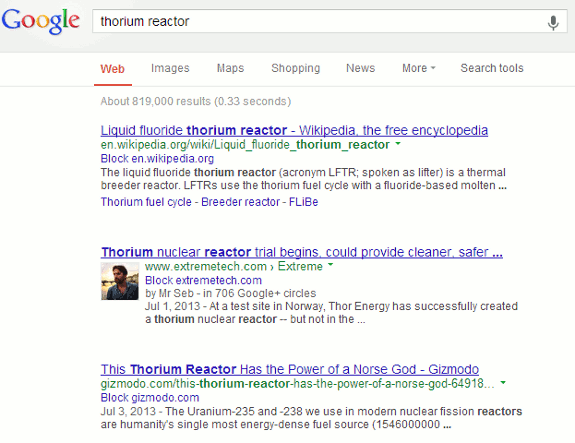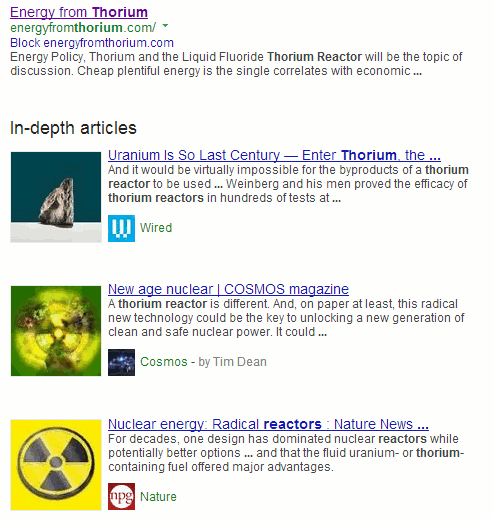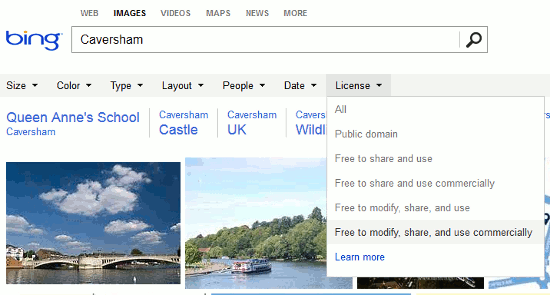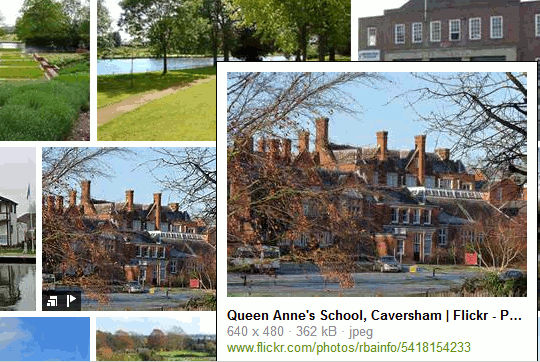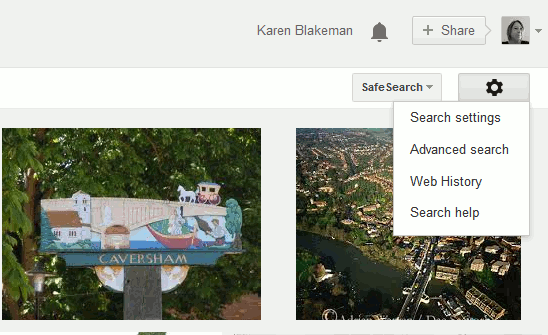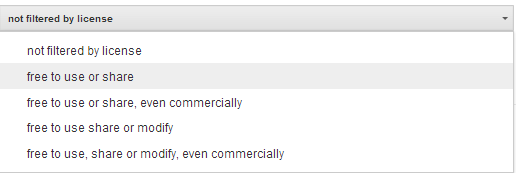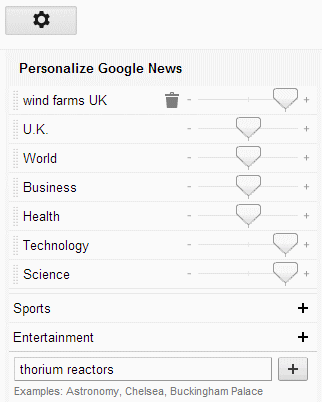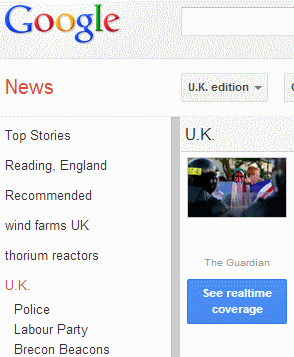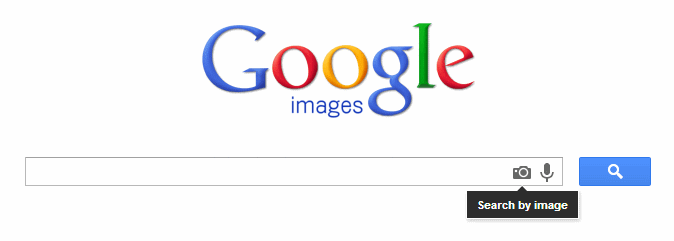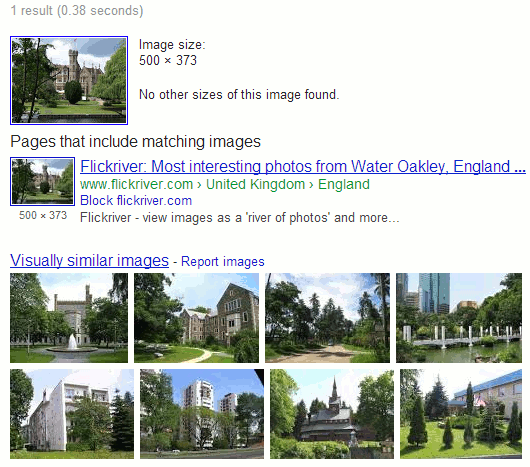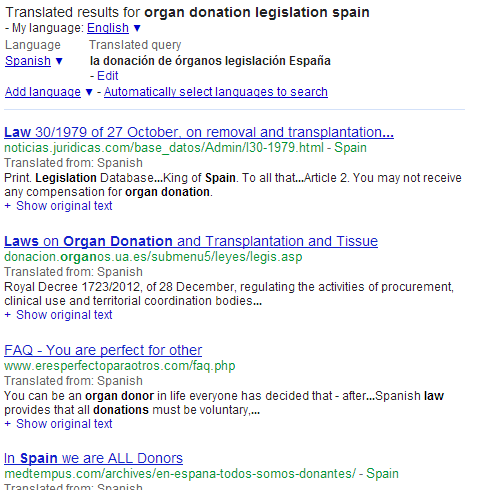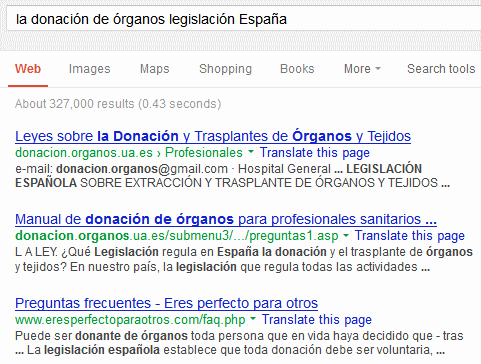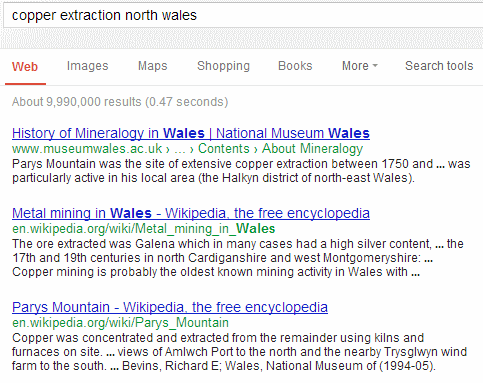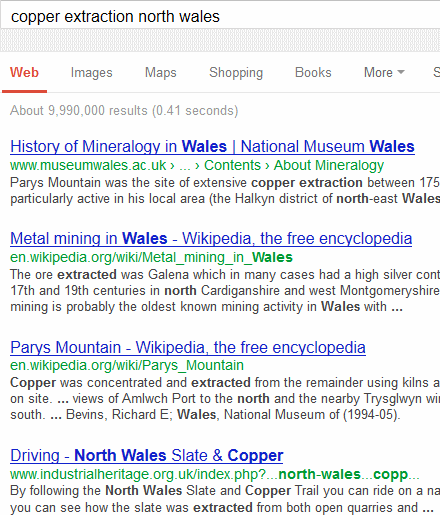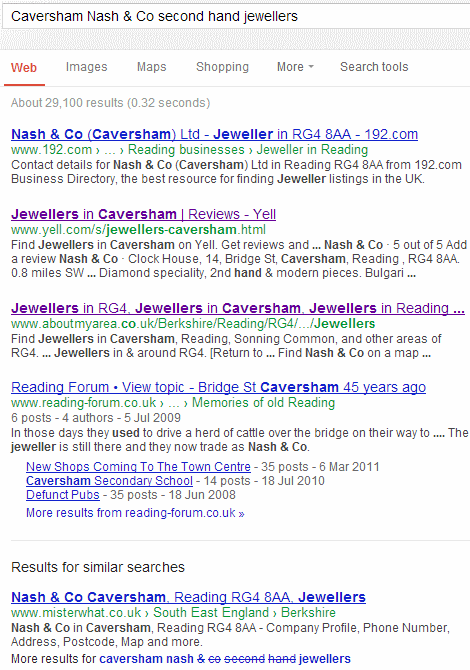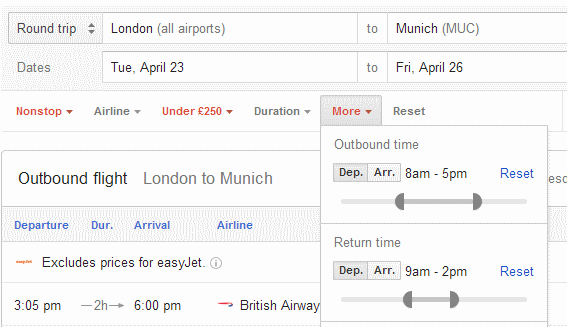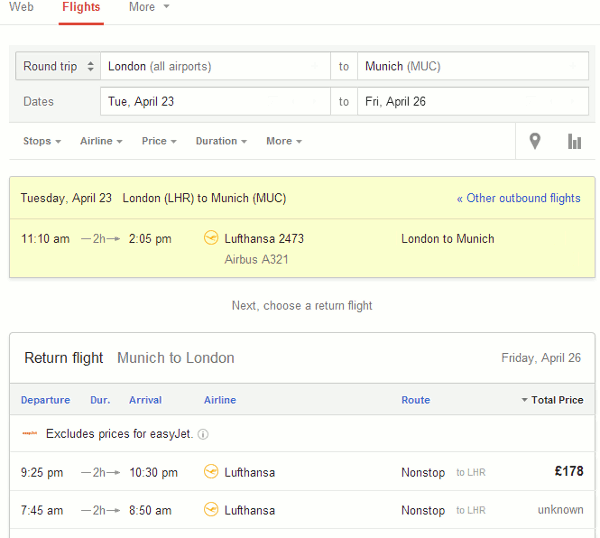Google is rolling out a new addition to search results called “In-depth articles” (http://insidesearch.blogspot.ca/2013/08/discover-great-in-depth-articles-on.html):
“To understand a broad topic, sometimes you need more than a quick answer. Our research indicates perhaps 10% of people’s daily information needs fit this category — topics like stem cell research, happiness, and love, to name just a few. That’s why over the next few days we’ll be rolling out a new feature to help you find relevant in-depth articles in the main Google Search results.”
The articles appear as a block of three at the bottom of your results, if you only display 10 results per page, or in the middle of the page if you display more. As Google says, they appear if your search is fairly broad and they do not appear for every query. I had to run several different searches before I found an example. At present it is only available in Google.com
My search on thorium reactor started with a Wikipedia article at the top, which seems all too often to be the default.
Further down the page was a block of three “in-depth” articles from Wired, Cosmos Magazine and Nature.
They do not appear at all if you use a Chrome Incognito window or your browser’s private browsing option. They also disappear if you apply Verbatim to your results.
How useful are these articles? They are certainly lengthy and in depth but only the one from Nature was fairly recent (December 2012). The one from Wired was published in 2009 and the Cosmos Magazine article appeared in 2006. I tried limiting my search to articles published in just the last year using Search Tools, Any time, Past year. The documents in the main results changed but the in-depth articles remained the same. The Nature article is highly relevant but there are more recent documents to be found than those from Wired and Cosmos. This raises the question as to how these articles are selected. I have not yet found any reliable information on how it is done, although Google’s Webmaster Central Blog has provided a checklist that may help get an article into the triumvirate (http://googlewebmastercentral.blogspot.co.uk/2013/08/in-depth-articles-in-search-results.html). The Moz Blog has run an analysis on 352 searches and found that the major news sources feature heavily (see http://moz.com/blog/inside-indepth-articles for further details).
In theory, in-depth articles are a good way to find an overview of a topic but do check the dates. They may be horrendously out of date.
